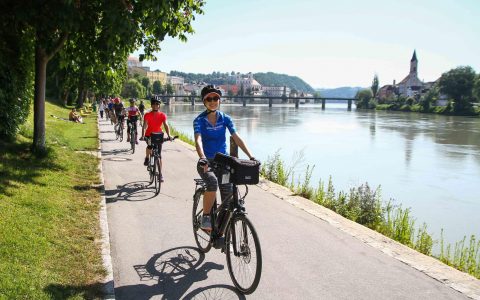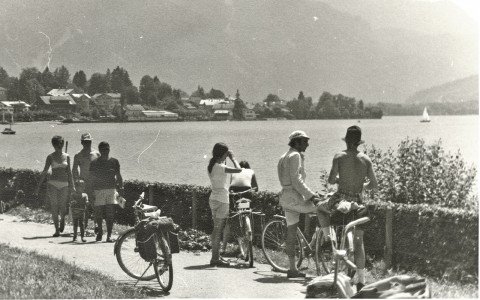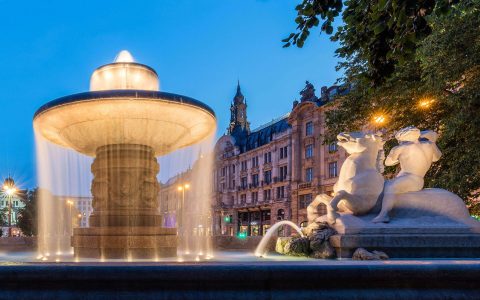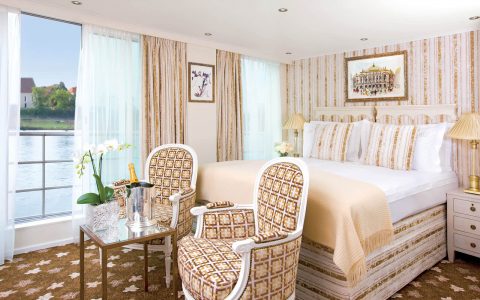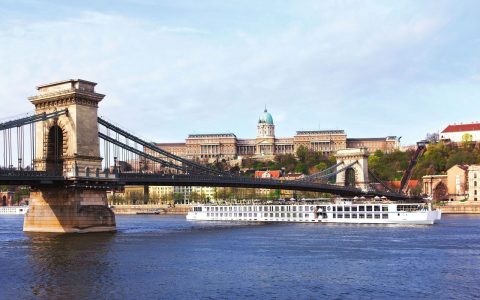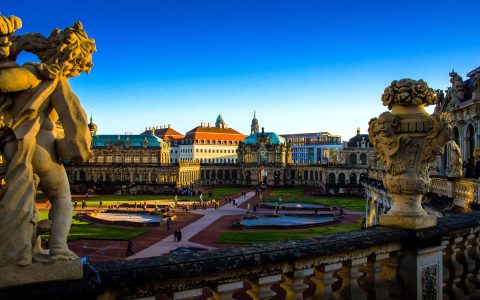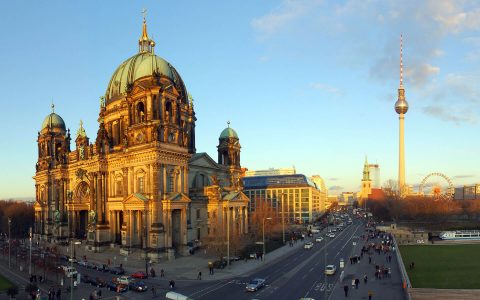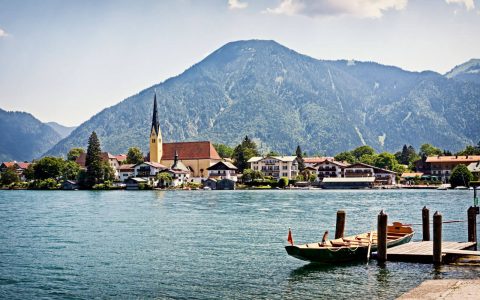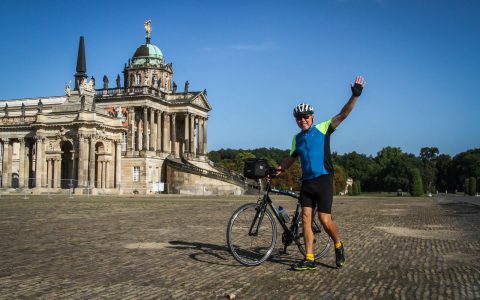Notes From the Road:
The Divine Mosel Valley

Ask a German where God lives and you’ll likely be told “in France.”
Stemming from the proverb Wie Gott in Frankreich, literally “Like God in France,” hard-working, diligent Germans imagine God enjoying a two-hour lunch break on a sunny southern terrace. There, He eyes a menu brimming in fresh local specialties over the rim of an extraordinary glass of local wine. The temperature is just right and the view spectacular.
If this is indeed true – and one should never underestimate the truth of proverbs, those repositories of wisdom of the ages – I would like to hazard the theory that God has a second home in the Mosel. In Beilstein, perhaps.
A Blessed Valley
The Mosel River sprouts from France’s Vosges Mountains, acts briefly as the Luxembourg-German border, then meanders its way to the mighty Rhine at Koblenz.
The Romans, before they were muscled out by the Celts, who in turn had to yield to Burgundian Monks and whoever else caught word of the good life that was to be had in this blessed valley, established themselves on its banks 2,000 years ago.
The second-century AD Roman Villa at Longuich, complete with an in-house spa, panoramic terrace and surroundings vineyard, proves that the Romans did more than build bridges, triumphal arches and amphitheatres. Although they did just that in nearby Trier, Germany’s oldest city.

This dedication to fine wine and riverside dining persisted throughout the Middle Ages, with timber-frame villages and towering castles mushrooming along the river’s narrow banks.
A Riesling Respite
 I wrote this on a riverside terrace in Bernkastel-Kues, two villages in the Middle Mosel known for their medieval market squares and flagship vineyard, the Bernkasteler Doctor, when my inability to understand anything on the menu encouraged me to focus. Dämpesja? Tertich? Cräwes? Wingertspool? Debbekoche? Uncharted culinary territory.
I wrote this on a riverside terrace in Bernkastel-Kues, two villages in the Middle Mosel known for their medieval market squares and flagship vineyard, the Bernkasteler Doctor, when my inability to understand anything on the menu encouraged me to focus. Dämpesja? Tertich? Cräwes? Wingertspool? Debbekoche? Uncharted culinary territory.
I eyed the wine list thirstily. Spätburgunder? Dornfelder? Regent? Rivaner? Auslese? Kabinett? Riesling. Riesling! A lifesaver in the turbulent waters of regional cuisine and local appellations. Ein Glas Riesling bitte!
So great was my relief that I might have shouted it. The soothing effect of the first sip – crisp on the tongue, lightly floral on the palate, undeniably mineral – was immediate, and soon I was seated in front of a plate of white asparagus with Riesling sauce and a watercress salad. By the time I was back on my bike, a full two hours had gone by.
Alone(?) On the Road
 Traben-Trarbach, 12 miles and two bends downstream, was my next stop. A short walk past the painted facades of the market square and I was back on the designated bike path by the river. I couldn’t say if the odometer showing 25 km per hour was due to the flat terrain or my third glass of wine.
Traben-Trarbach, 12 miles and two bends downstream, was my next stop. A short walk past the painted facades of the market square and I was back on the designated bike path by the river. I couldn’t say if the odometer showing 25 km per hour was due to the flat terrain or my third glass of wine.
The going was effortless, wonderfully free of cars, and I didn’t care. With the river’s meandering curves I’d soon lost all sense of direction. The more the sun dipped behind the ridges of the valley the more its steep stone terraces radiated the day’s accumulated heat.
Invisible warm patches alternated with the nip of evening. Luckily towns in Germany are clearly indicated with town signs. Otherwise my state of bliss might have carried me right through to the Rhine.
This was when I formed my theory that perhaps the Germans were wrong about God’s preferred European haven; any ageing and bearded vintner on a bike was surreptitiously scrutinized.
After all, it’s not every day you get to share a bike path with You Know Who.
MORE FROM Europe + Germany

The 8 Best Rhine River Experiences
Germany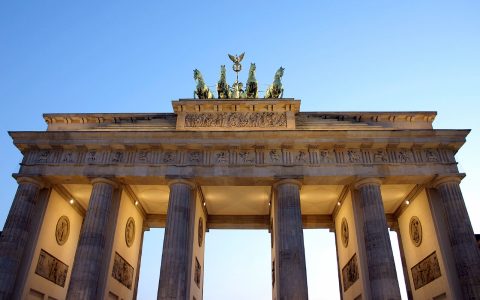
17 Of The Best Berlin Museums
Germany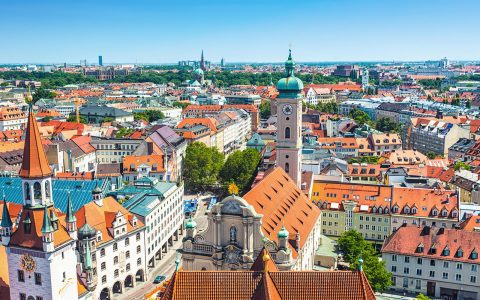
9 Must-Sees Along the Danube River
Austria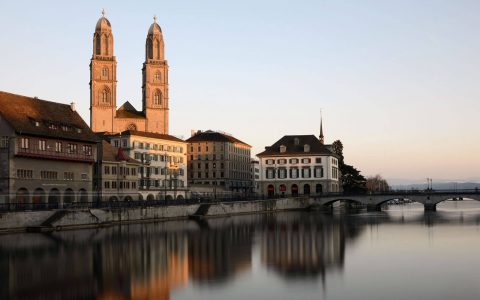
7 Iconic Spots Along the Rhine
Germany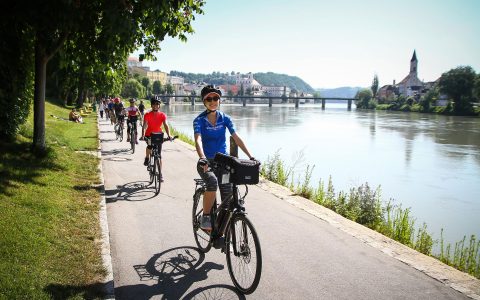
What to Expect on a European River Cruise?
Germany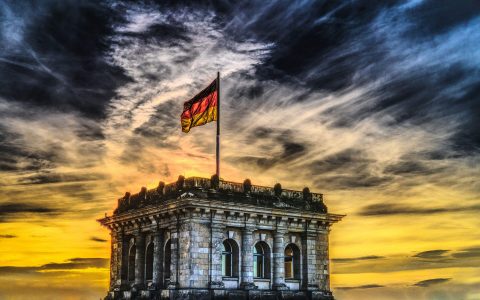
Reading for the Road: A Few Fascinating Books About Germany
Germany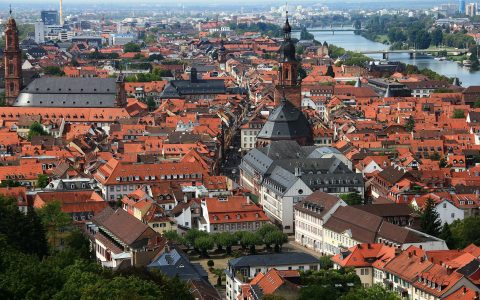
Germany’s Rhine River: Paths to Glory
Germany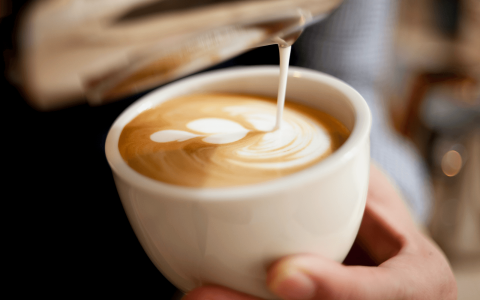
Berlin’s 8 Best Coffee Shops
Germany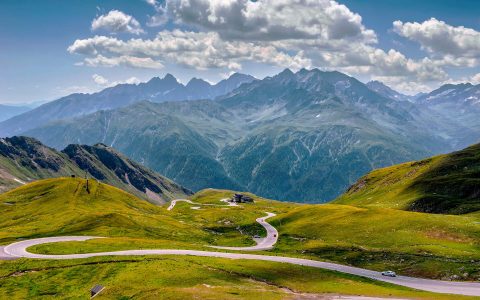
Top 5 Driving Routes in Germany, Austria & Switzerland
Austria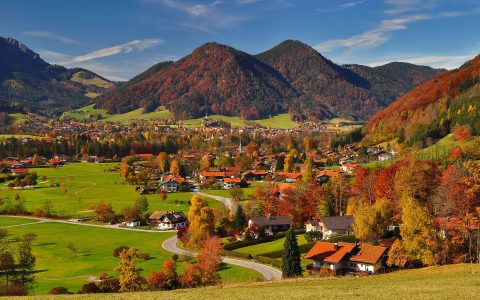
Notes From the Road: The Unabashed Charm of Bavaria
Austria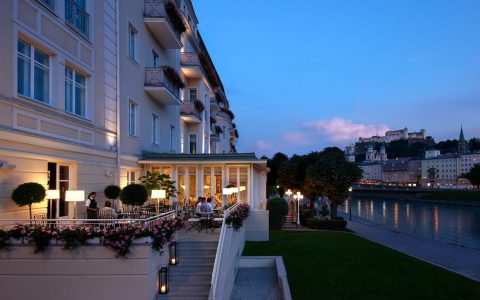
Butterfield & Robinson’s new cycling tour
Austria